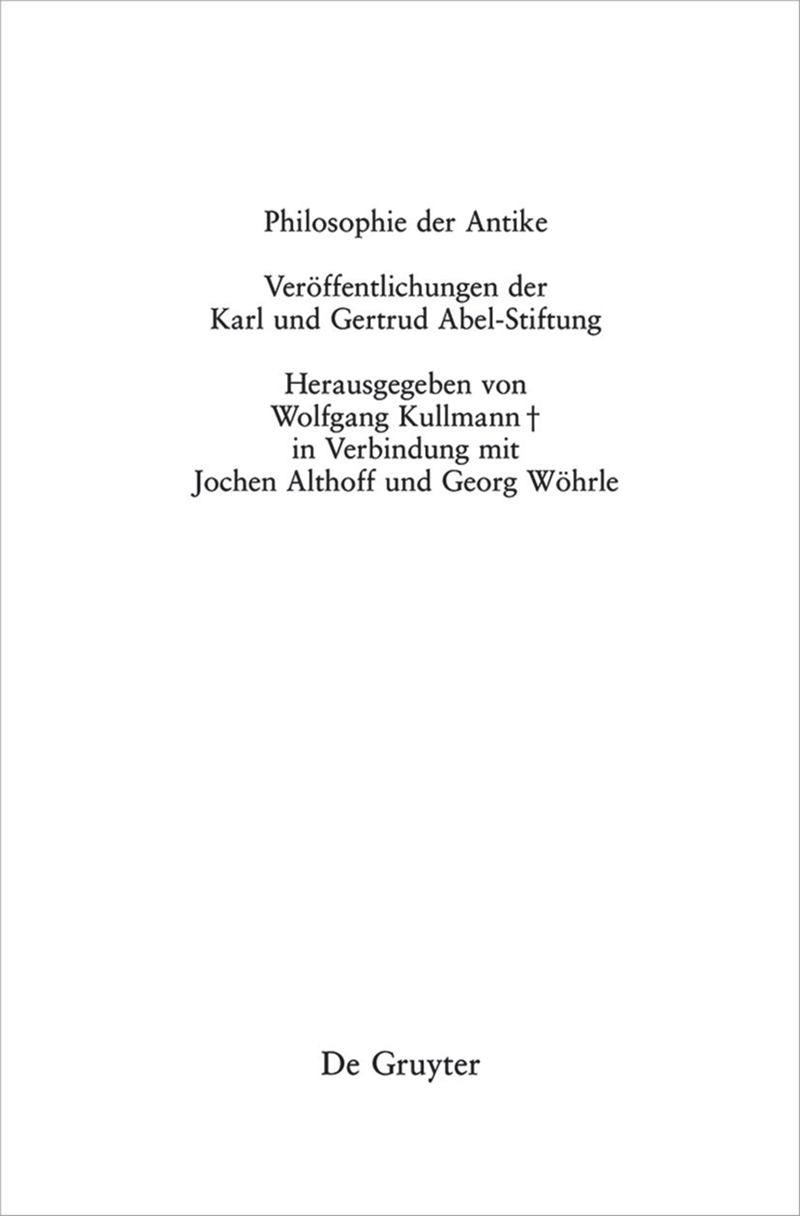
Should you have institutional access?
Here's how to get it ...
Browse Publications By Subject
- Architecture and Design
- Arts
- Asian and Pacific Studies
- Business and Economics
- Chemistry
- Classical and Ancient Near Eastern Studies
- Computer Sciences
- Cultural Studies
- Engineering
- General Interest
- Geosciences
- History
- Industrial Chemistry
- Islamic and Middle Eastern Studies
- Jewish Studies
- Law
- Library and Information Science, Book Studies
- Life Sciences
- Linguistics and Semiotics
- Literary Studies
- Materials Sciences
- Mathematics
- Medicine
- Music
- Pharmacy
- Philosophy
- Physics
- Social Sciences
- Sports and Recreation
- Theology and Religion
Open Access
Publication types
Subjects we publish
- Architecture and Design
- Arts
- Asian and Pacific Studies
- Business and Economics
- Chemistry
- Classical and Ancient Near Eastern Studies
- Computer Sciences
- Cultural Studies
- Engineering
- General Interest
